Observability Foundation (OBF)® 20250403
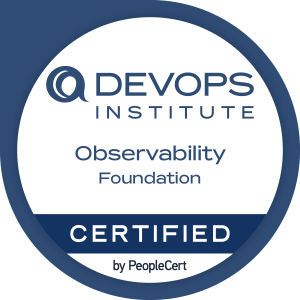
Mastering Observability in Cloud-Native Environments
Understand the practices, methods, and tools to engage people across the organisation involved in Observability by using real-life scenarios and case stories.
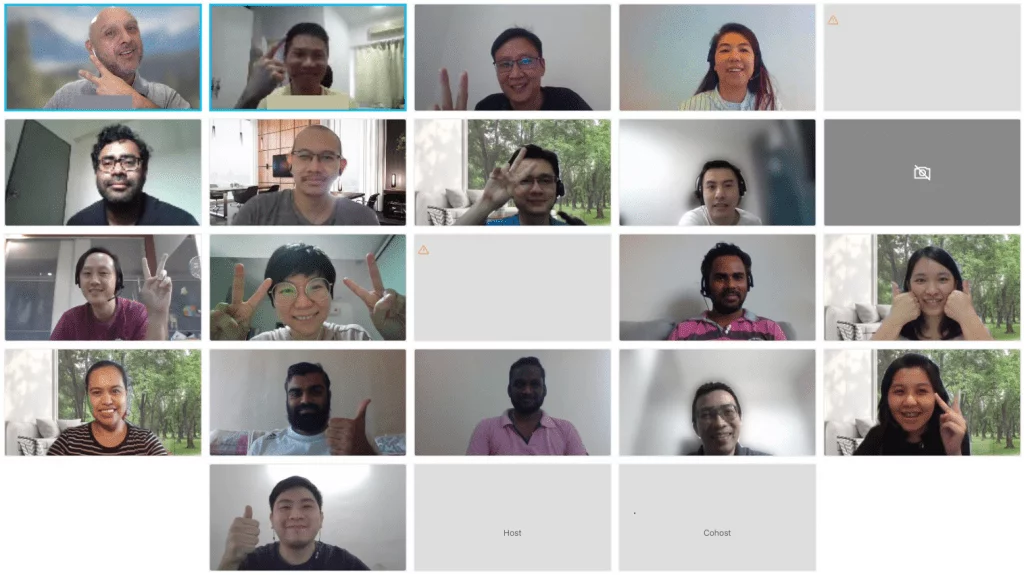
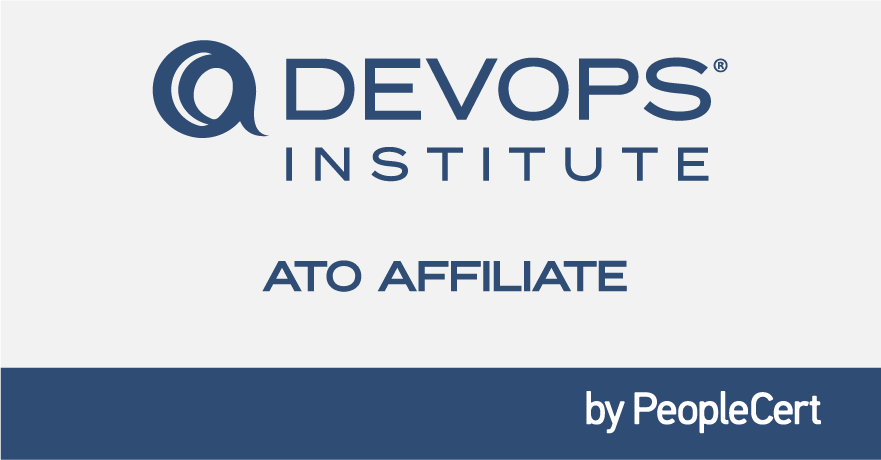
DEVOPS INSTITUTE® and the Swirl logo are registered trademarks of the Peoplecert Group. Used under licence from Peoplecert. All rights reserved.
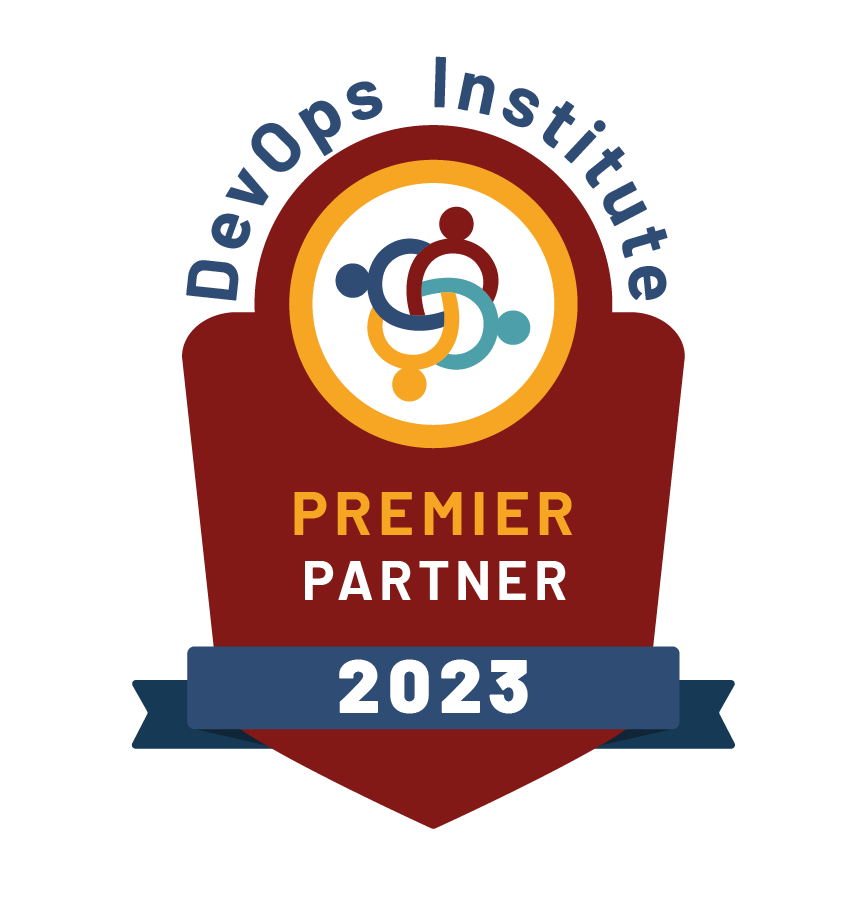
DevOps Premier Partner
Sapience's Accredited Trainers have gone through a vetting process with DevOps Institute, and official material will be provided.
Introduction
Course ID: TGS-2025053115
Course duration: 3 days, 9am – 6pm
Funding Available
SSG Funding
SSG Funding
PSEA Funding
PSEA Funding
SkillsFuture Credit
SkillsFuture Credit
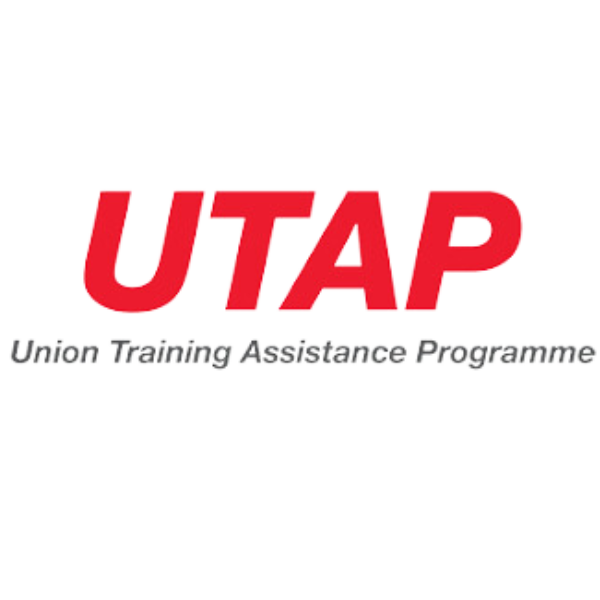
Supported by UTAP
Supported by UTAP
- What is Observability?
- MELT
- Importance of Observability
- Why Traditional Monitoring is not Enough
- Observability Maturity Model
- Challenges with Observability
- Defining telemetry
- The Three Pillars of Observability – Logs, metrics, and traces
- Distributed Traces
- Parts of a Trace
- Tracing: Error Diagnosis
- What is Observability made of?
- OpenTelemetry
- OpenTelemetry Libraries
- OpenTelemetry Agents & Collection
- The Rest of the Open Source Ecosystem
- Service maps
- Topology
- Time Travel Topology
- Escalation Graphs
- The 4 Ts
- Observability and the Data Paradox
- Why Observability need DataOps
- Data Ownership and Governance
- Data Privacy & Observability
- Data Confidentiality, Integrity & Availability
- Maintaining CIA Triad
- What is AIOps
- AIOps Platforms
- Enterprise Platform for AIOps
- AI/ML Use Cases
- Auto-Instrumenting Optimisation
- Feedforward CI/CD into AIOPs
- Feedback AIOps into Quality Gates
- Observing Security
- Monitoring Security with eBPF
- Container Security
- Network Observability
- Visibility and Integration of various sources
- Observability Indicators
- Dashboards and Visualisation
- Chaos Engineering
- Implement an Observability culture in your organisation
- Know the principles of Observability and differentiate with monitoring in modern architectures
- Understanding the three pillars of Observability
- Adopting open Telemetry standards
- Understand Observability Maturity Models
- Implementing full stack Observability and distributed tracing
- Observability using AI for incident management.
- Implementing Network, Container level Observability with security as a first-class citizen
- Time-based Topology for Observability
- The Data paradox, and addressing data issues using a systematic approach
- Observability practices for DevSecOps and SRE
- Anyone focused on large-scale service scalability and reliability
- Anyone interested in modern IT leadership and organisational change approaches
- Business Managers and Stakeholders
- Change Agents
- Consultants
- DevOps Practitioners
- IT Directors, Managers, Team Leaders
- Product Owners, Scrum Masters
- Software Engineers
- Site Reliability Engineers
- System Integrators
- Tool Providers
- 40 Multiple Choice
- 1 mark per correct answer
- 26 marks required to pass (out of 40 available) – 65%
- Sixty minutes duration
- Web-based Open-book exam
Why Us?
Complimentary refresher
Participants can attend a complimentary refresher if they wish(1-year validity and subject to approval)
Post-training support
Should you have questions after the course, you may contact the trainer for assistance regarding course material
E-learning Portal Access
1 year access to our E-learning portal. Including: - E-books available for download - Official sample exam - Randomised quiz formulated by Sapience Trainers based on past examinations
Meet Your Trainer
Principal Consultant
Sapience Consulting
Senior Consultant
Sapience Consulting
Senior Consultant
Sapience Consulting
Senior Consultant
Sapience Consulting
Senior Consultant
Sapience Consulting
Consultant
Sapience Consulting





